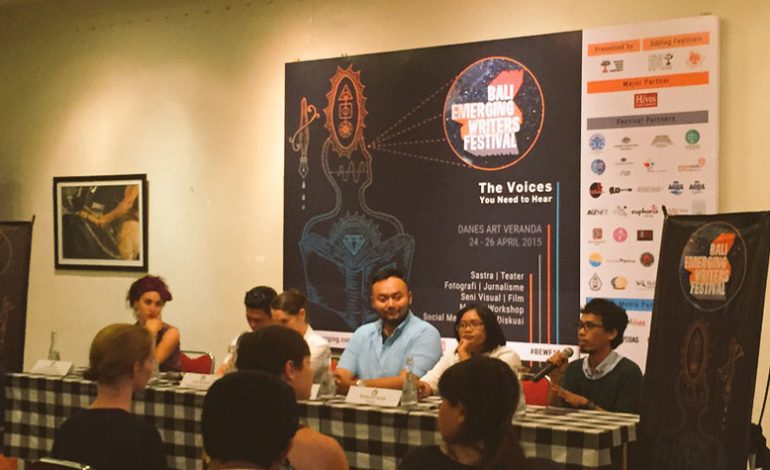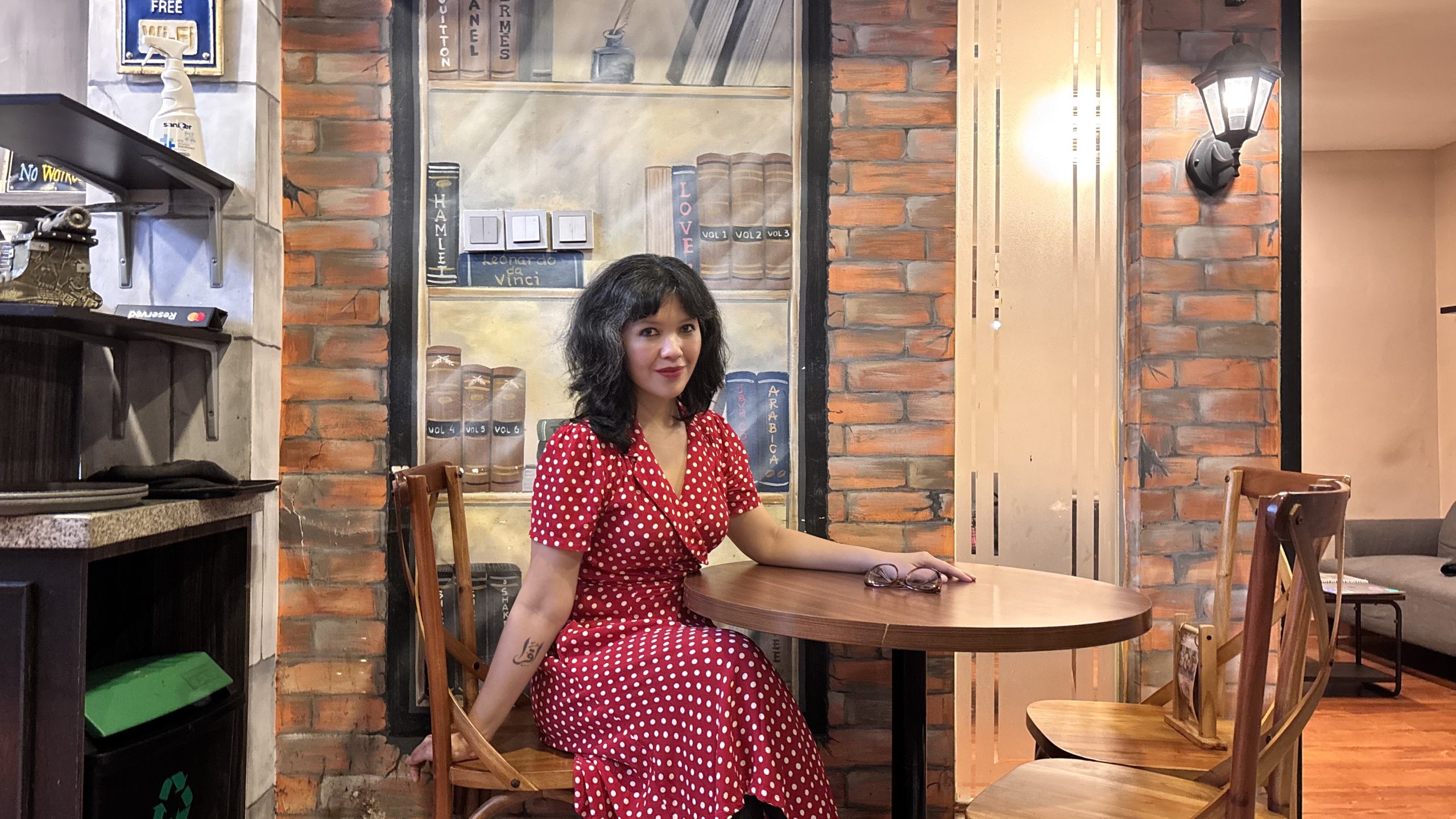Gender Gap Found in Lucrative Government Projects

Procurement of goods and service is known as a basah (wet) or lucrative sector in Indonesia, and also the most corruption-prone one.
Data from the Ministry of Finance shows that every year, an average of 30 percent of government’s expenditure on procurement of goods and services is “leaked”, totaling Rp 25 trillion. The figure is only based on the central government budget and does not include local governments’ budget.
Within 2004 to 2010, 44 percent of corruption cases handled by the Corruption Eradication Commission (KPK) were those related to the procurement of goods and service, the highest compared to other cases. The Indonesia Procurement Watch said in 2013 that of the 385 corruption cases handled by KPK, 70 percent of them were procurement cases. This was also confirmed by the Center of Anti-Corruption Studies at Yogyakarta’s Gadjah Mada University, which said that goods and service procurement was still the most corruption-prone sector in the first semester of 2014.
The high level of corruption has hampered many companies, particularly female-owned ones, to participate in government procurement tenders or projects, creating a massive gender gap in this sector.
A recent survey by the National Public Procurement Agency (LKPP), with support from the Millenium Challenge Corporation (MCC) through Millenium Challenge Account – Indonesia (MCA-Indonesia), showed that only 5 percent of firms that participated in government procurement meet the criteria of female-owned enterprises, and with contracts of smaller value.
The definition of female-owned firm set for this survey is “a firm that is primarily managed by one or more women” and “a firm in which the female manager has a share in the ownership structure.”
Female-owned firms still face difficulties in accessing procurement projects and they tend to win smaller contracts compared to male-owned ones.
Sarah Sadiqa, Director of Competence Training at the National Public Procurement Agency (LKPP), said that the institution had never looked at procurement sector from the gender aspect until it received support from the MCC in 2011.
The Indonesian government does not yet actively seek out diverse vendors or collect statistics on female-owned firms that register as vendors, submit proposals, or win contracts insourcing policies and practices. In fact, very few countries do so.
In comparison, the United States and India systematically ask whether or not a business is majority female-owned during business registration and government procurement processes.
Sarah said that after conducting mapping and survey on gender gaps in government procurement project, LKPP found that women did not bother to participate in government procurement projects because there are too many regulations, and because the process are confusing, troublesome and ripe with KKN (the Indonesian shorthand for corruption, collusion and nepotism).
“It is a good indicator actually, to create a more clean culture. And it is in line with the global data that shows women entrepreneurs are ‘cleaner’ and more compliant with the rules and their obligations,” Sarah told Magdalene in a recent interview.
She admitted that procurement sector is a rough sector, dominated by tough guys who have been regulars at government projects.
“They (female entrepreneurs) are strong, but they don’t feel comfortable with the situation,” she said.
The survey, conducted in 2012-2013, found discrimination, harassment and labeling (stereotyping) towards female entrepreneurs in their interaction with civil servants in the process of obtaining information and access to procurement.
A female entrepreneur who worked in pest control business said during the survey that government officials and staff seemed to prefer talking to men to women.
“Once when I came to negotiate with government staff, I was asked, ‘Are you sure you are the director? Don’t you feel ashamed working with pest?’ It seems that they did not believe that I was working in that sector,” she said.
“When I asked my father to help me negotiate, it’s business as usual, but if I invite them to a meeting, they said, ‘Ok, where are we going to have lunch?’ So I feel a little bit harassed and decided not to pursue the negotiation.”
Challenges and Potential
There are also clear gender differences in the ways female and male-owned enterprises obtain their contracts. Almost two-thirds, or 61 percent of female-owned firms reported that their last government-funded project was granted through a public auction, compared to 52 percent of male respondents who obtained their contract that way.
Limited access to government information on public tenders is a far bigger barrier for female-owned firms that have participated in tenders (14 percent vs. 1 percent). Meanwhile, male-owned firms found more information from their civil servants contacts and obtain contracts from direct appointment.
Sarah said an internal factor also plays in keeping female-owned firms to get government procurement project.
Female-owned firms are predominantly at small and medium enterprises (SME) level, limiting their capacity and ability to meet public procurement requirements. Regulations favor businesses in the formal sector, but most female-owned businesses are in the informal sector.
“Female-owned firms’ main products and services tend to be mostly catering, non-durable goods, and general trading, in part due to limited start-up capital (and limited access to bank loans) and less complicated technology requirements,” Sarah said.
She said that her office is working with the stakeholders, including the government, the female-owned firms association (IWAPI) and development partners, to increase participation of female-owned firms in government procurement projects.
“There is a need for one ministry to be the main body to coordinate all the efforts to ensure the sustainability. We haven’t decided yet, it could be the Ministry of Women Empowerment, SOE Ministry or the National Development Planning Agency,” she said.
The LKPP recommended the government to, among others, increase procurement transparency and conduct capacity building that targets more female procurement services unit and female-owned firms.
On the other hand, female-owned firms, it said, should be more proactive in business association, to increase their access to information network and opportunities to successfully win public procurement tenders.
It is crucial to increase the participation of female-owned firms in the government procurement project because studies (including the 2011 World Bank Enterprise Survey) show that female participation in top leadership and among middle management is three to four times higher than in male-owned firms.
Female-owned firms employ 1.7 times more women than male-owned firms, and also have a higher average number of employees, may be because the majority of female-owned firms are operating in low-technology and labor intensive industries.
Data also shows that most if not nearly all female entrepreneurs’ primary motivation is to create jobs.
“The fact that they employ a higher share of other women is an important finding, and is bolstered by international research and trends of the ‘female employment multiplier’ a tendency of female enterprises to create jobs for other women,” according to the LKPP recommendation.
*Read here about a socialpreneur who refuses to sell out and follow @heradiani on Twitter.






















